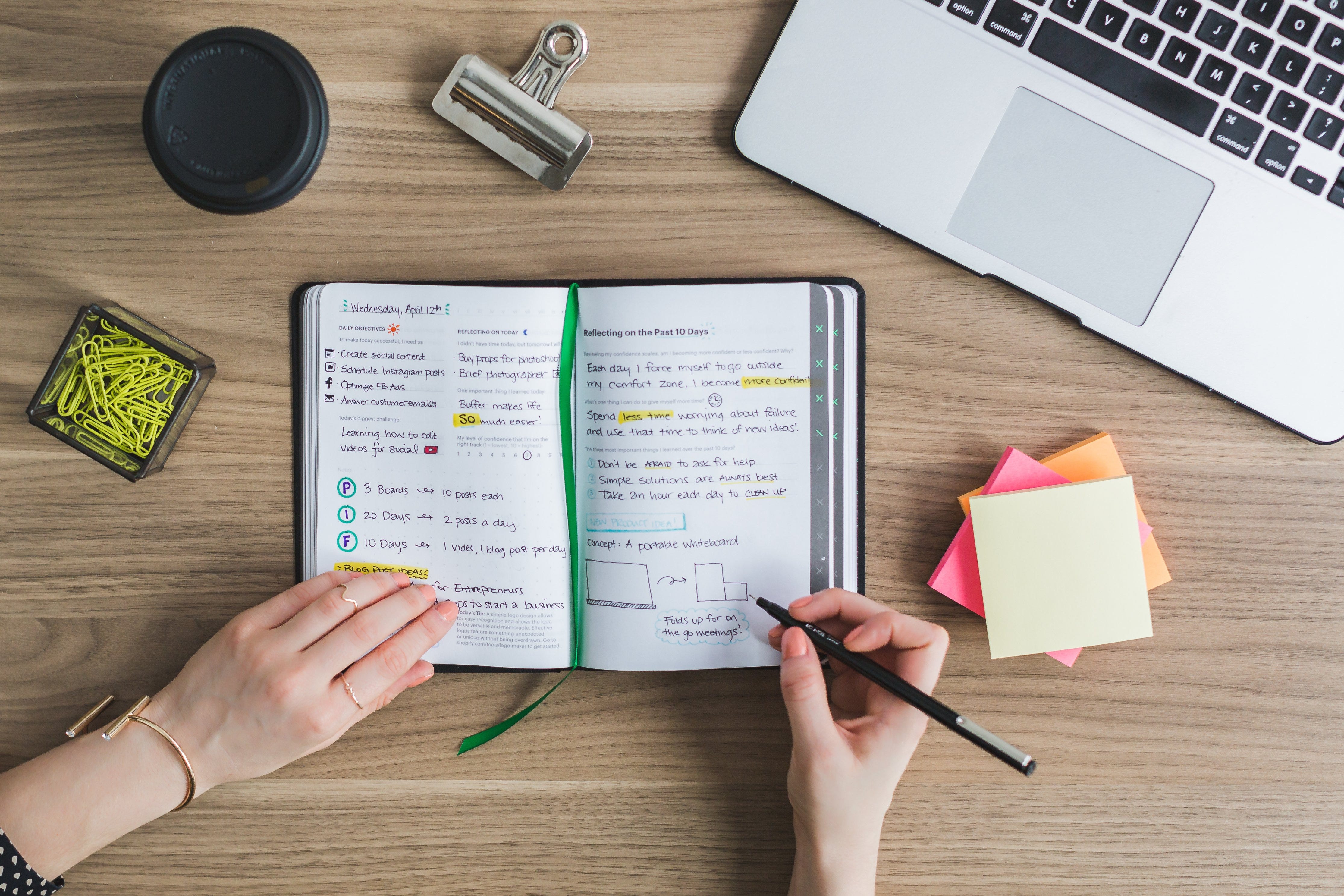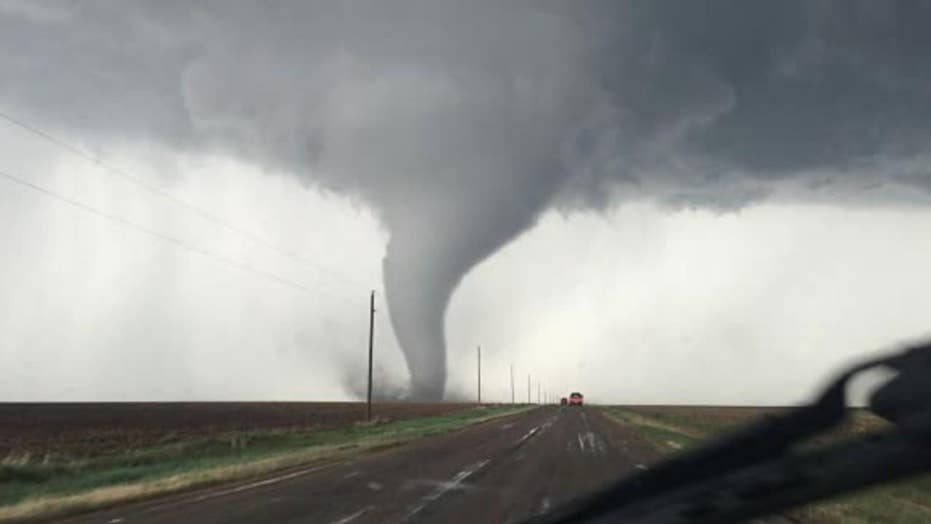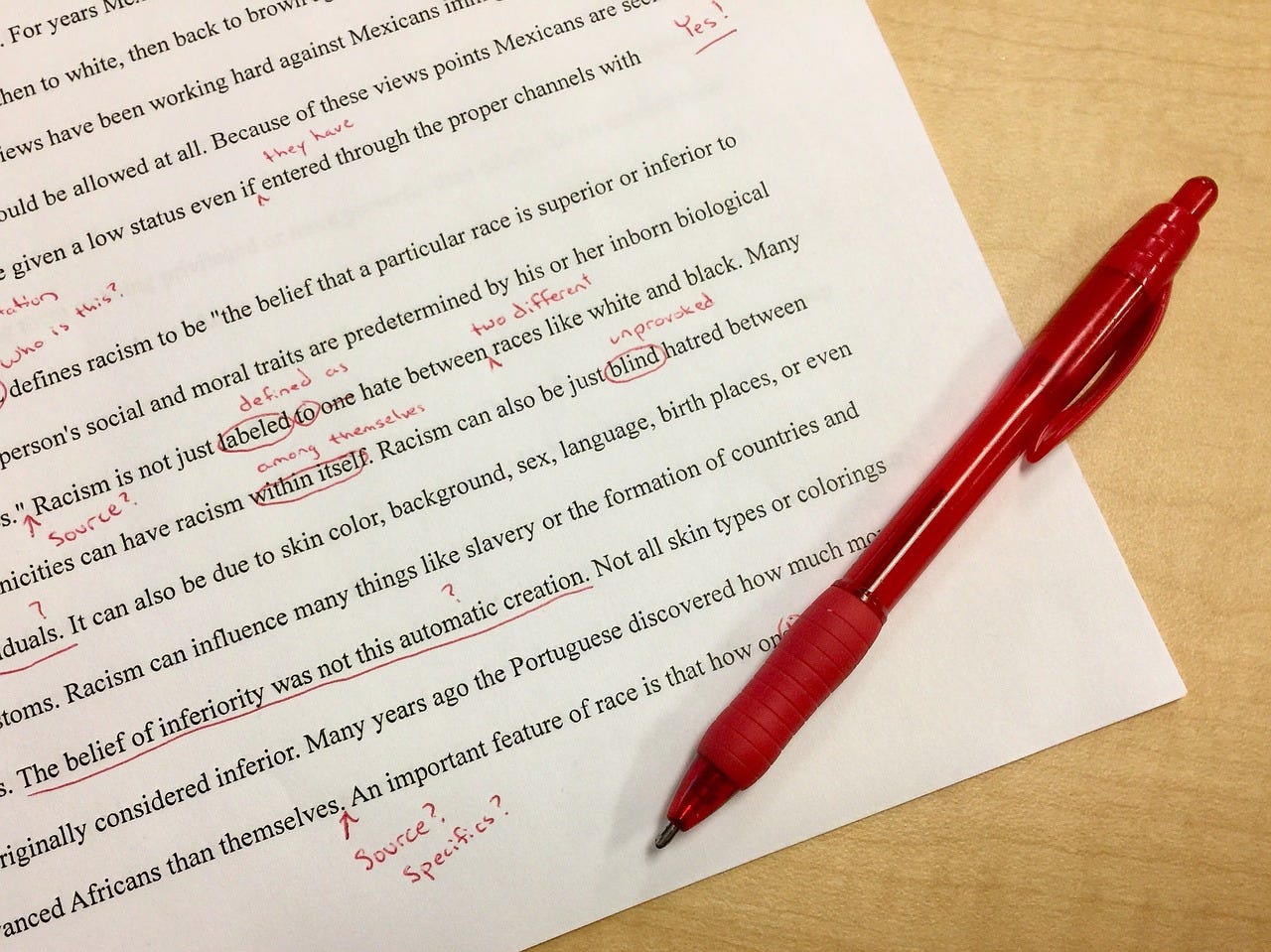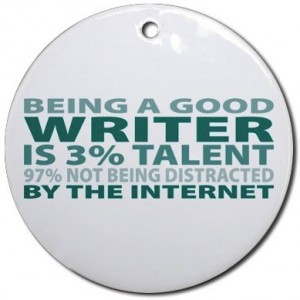Collect responses to Shitty First Drafts and Active Reading Outline for Chapter 6 (after we have reviewed the chapter).
Activity #1
Journal: If you could write any story, what would you write about? Who, what, where, why, when and how -- answer these questions as they relate to your story.
William Zinsser
Activity #2
Review Chapter 6 -- Back to the Lake -- Narration
Why do we write narratives? to connect with other people, to entertain, to record what people said or did, to explain the significance of events, to persuade others to act in a certain way, or to accept our point of view on an issue.
The Success Story
Purpose and audience (p. 99)
Generating Ideas: Asking what happened -- and who, where, when, how, and why
Annie Dilliard (p. 100-101)
John Steinbeck told a friend who was writing his life story, "Just take a period. Then try to remember it so clearly that you can see things: what colors and how warm or cold and how you got there ... It is important to tell what people looked like, how they walked, what they wore, what they ate."
Developing a plot -- chronological order is the best way to write a narrative. Events need to be related in such a way that one leads directly to another, or causes, another. Should have a beginning, middle, and an end. Then your narrative will form a complete action: a plot.
How to write the introduction to a narrative
https://www.youtube.com/watch?v=dyU2BujSa4w
Transitions
Dialogue -- https://www.youtube.com/watch?v=gAFx8agy8u8
Activity #3
Preparing to Read: Are you a good writer? Do you like to write? Did you have any experiences in English class that affected your attitude toward writing? What were they?
In-class: Read and discuss Learning to Write by Russell Baker
(handout)
Handout Narrative Assignment and rubric
Narrative essay assignment from "Short Prose Reader" builds on Baker's essay. Write about an eye-opening experience -- some event you really want to write about, some incident you want to recapture and hold" for yourself. Write an essay in which you describe what happened.
Homework -- Read Chapter 7 on Description in "Back to the Lake" (You will want to use description in you narrative essay.)
Chapter 7 Active Reading Online







